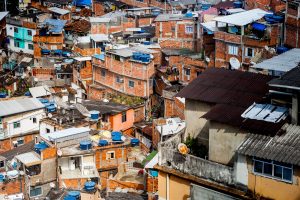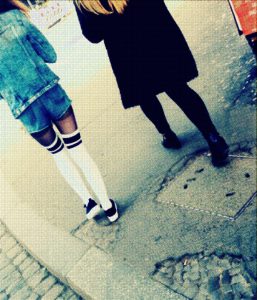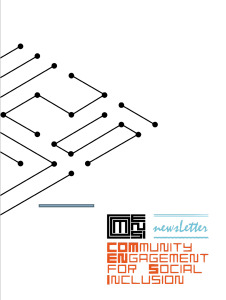
A training program on participative methods
The training is aimed at social practitioners, civil servants and active citizens interested in improving their professional capacity with innovative instruments of analysis and representation.
It will present and test a set of tools and methods aimed to facilitate participatory processes, with a focus on cultural heritage as factor of civic engagement. The curriculum will develop skills and competences in socio-spatial assessment, collaborative mapping and digital storytelling, focusing on the use of innovative digital tools and platforms for community organising, action research and social inclusion. We welcome participants in the fields of social work, participatory urbanism and design, visual anthropology, cultural production, social innovation, local development etc.
The training is structured in three modules of one and a half day each, with a total of six meetings between September and November 2020, and will require individual work from the participants. (60 hrs in total, 30 in class and 30 on personal assignments)
- The 1st Module on Urban reconnaissance (URLab) is dedicated to the multidisciplinary analysis of a given socio-spatial context, disentangling and classifying the complexity of elements that concur in determining any urban identity. Based on the methodology of Urban Reconnaissance and on the platform developed by the ogino:knauss collective, the aim of this module is to identify the basic taxonomy of phenomena to be investigated.
- The 2nd Module Collaborative Mapping (MapLab) is aimed at representing structures of relations and topologies, employing digital cartographies, graphs and conceptual maps to represent diverse configurations of local communities and their cultural heritage.
- The 3rd Module on Digital storytelling (StoryLab) is dedicated to giving voice to individuals and communities, with a particular attention to underrepresented and silenced groups. It will introduce a series of techniques and formats for inclusive storytelling processes and open publication platforms.
‘The set of methodologies will be applied mainly to the process of heritage making. Cultural heritage is understood in this frame as an active social process rather than a given product of history, the result of practices that challenge dominant narratives, able to negotiate shared values and establish new tangible and intangible commons.
The training program is funded by the Erasmus plus program OpenCCCP and is open to 10 participants, free of charge.
Tools and methods developed as open educational resources (OER) will be tested and employed during the training in the context of the Schöneberg neighbourhood in Berlin. The training main language will be English, but interaction in German and few other EU languages are possible. The participants to the training will receive a certification of formative credits.
To apply for the training please send a short CV and a motivation letter (max 500 characters) to info (at) tesserae.eu
The training will take place at
Tesserae
Hauptstraße 37
10827 Berlin
OpenCCCP is an EU funded Erasmus+ project developing open educational resources and training in a partnership that includes Barcelona, London, Iasi, Palermo and Berlin. The outcomes of the five laboratories will be published in a compendium of open educational practices.
PROGRAM
Day 1 Saturday 19 September
Introduction & Urban Reconnaissance
| Registration | |
| Purpose and structure of the training | |
| Self presentation round | |
| Coffee break | |
| Urban Reconnaissance method & secret mission | |
| Lunch break | |
| City walk | |
| Wrap-up round & assignments |
Day 2 Friday 25 September
UrLab
| Presentation and revision of the individual work | |
| Coffee break | |
| Digital Atlas. Identifying basic taxonomies | |
| New assignments |
Day 3 Saturday 17 October
MapLab
| Mapping heritage: thread-mapping exercise | |
| Defining basic categories / layers for the atlas | |
| Coffee break | |
| Map layers method | |
| Lunch break | |
| City walk | |
| Wrap-up round & assignments |
Day 4 Tuesday 20 October
MapLab
| Presentation and revision of the individual work | |
| Coffee break | |
| Transferring content in the digital atlas / icons & legenda | |
| New assignments |
Day 5 Saturday 14 November
StoryLab
| Narrative maps: collecting stories as common heritage / interactive storytelling formats | |
| Scripting a story | |
| Coffee break | |
| Writing your stories (individual work session) | |
| Lunch break | |
| Scripts: peer to peer revision sessions | |
| Presenting the stories – round 1 | |
| Coffee break | |
| Presenting the stories- round 2 / assignments |
Day 6 Friday 20 November
StoryLab
| Presentation and revision of the individual work | |
| Coffee break | |
| Editing and post-production hints | |
| Final assignments |


